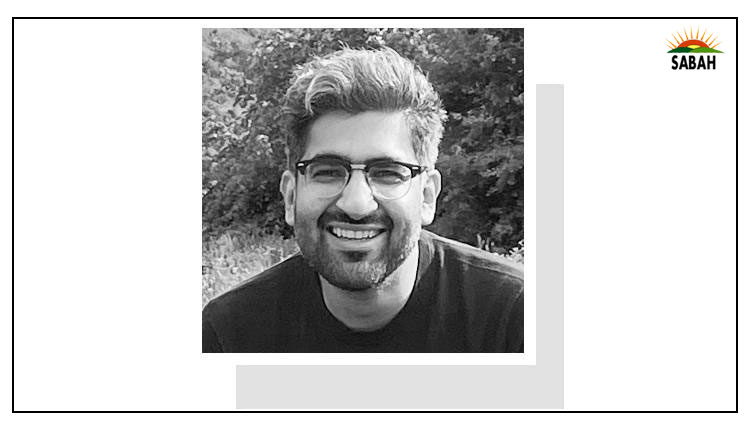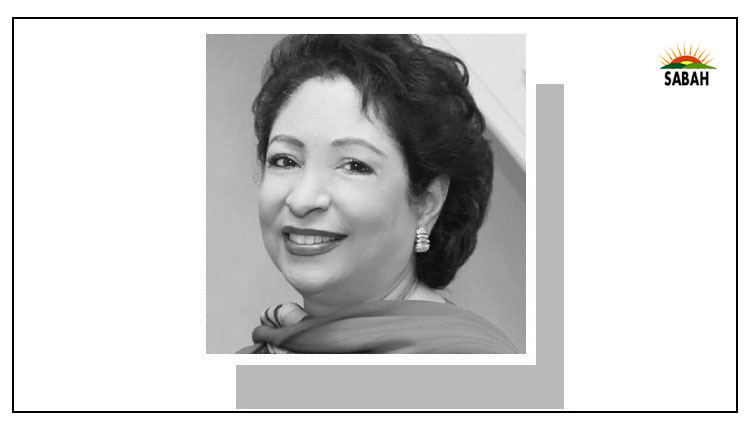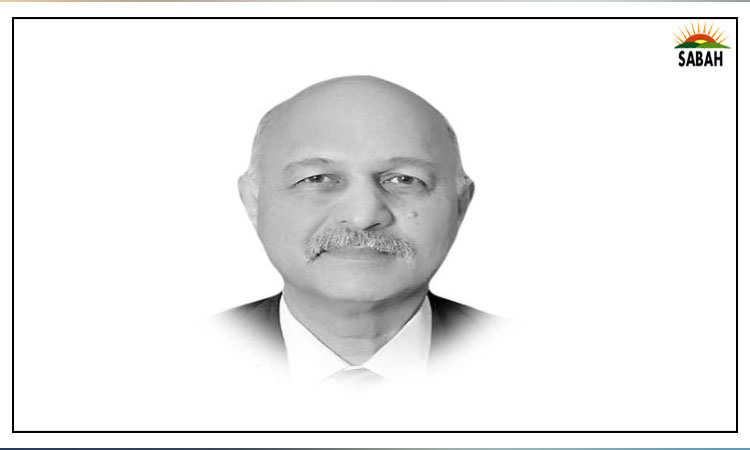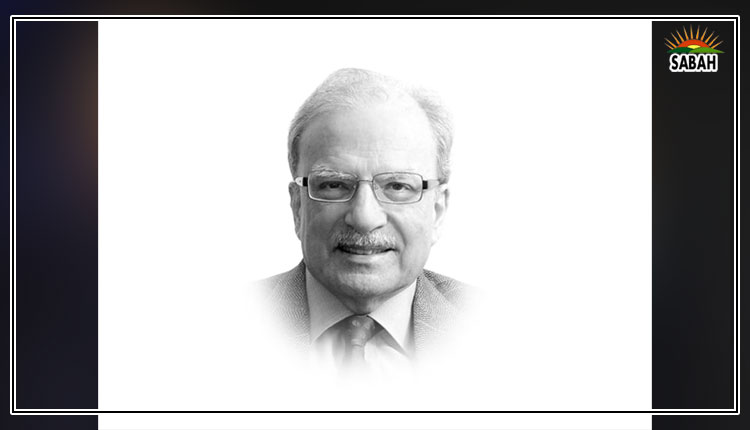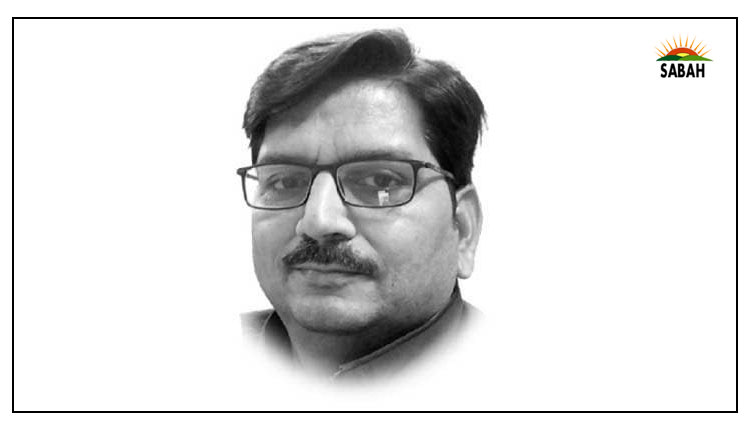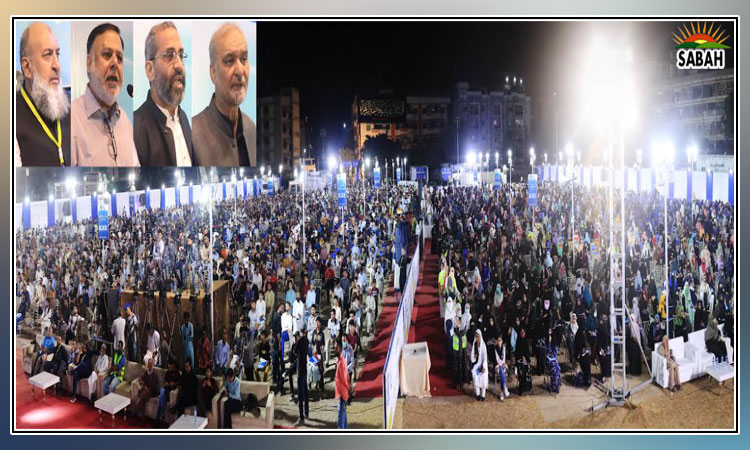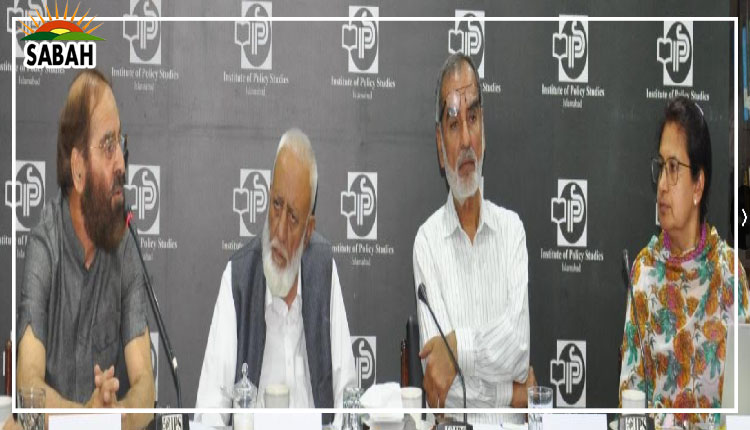Afghanistan & Pakistan need evidence-informed dialogue to sort out mutual issues
ISLAMABAD, July 23 (SABAH): The nationalist identities of Afghanistan and Pakistan are perpetually at loggerheads with each other due to ontological insecurities of both, causing serious repercussions on the population on both sides of the Durand Line.
The resolution of these chronic issues requires evidence-informed dialogue among all stakeholders, especially literati and media, to gain mutual respect to shun historical differences for long-term peace and cooperation, which is a dire need of the people of Pakistan and Afghanistan, says a press release issued here on Saturday.
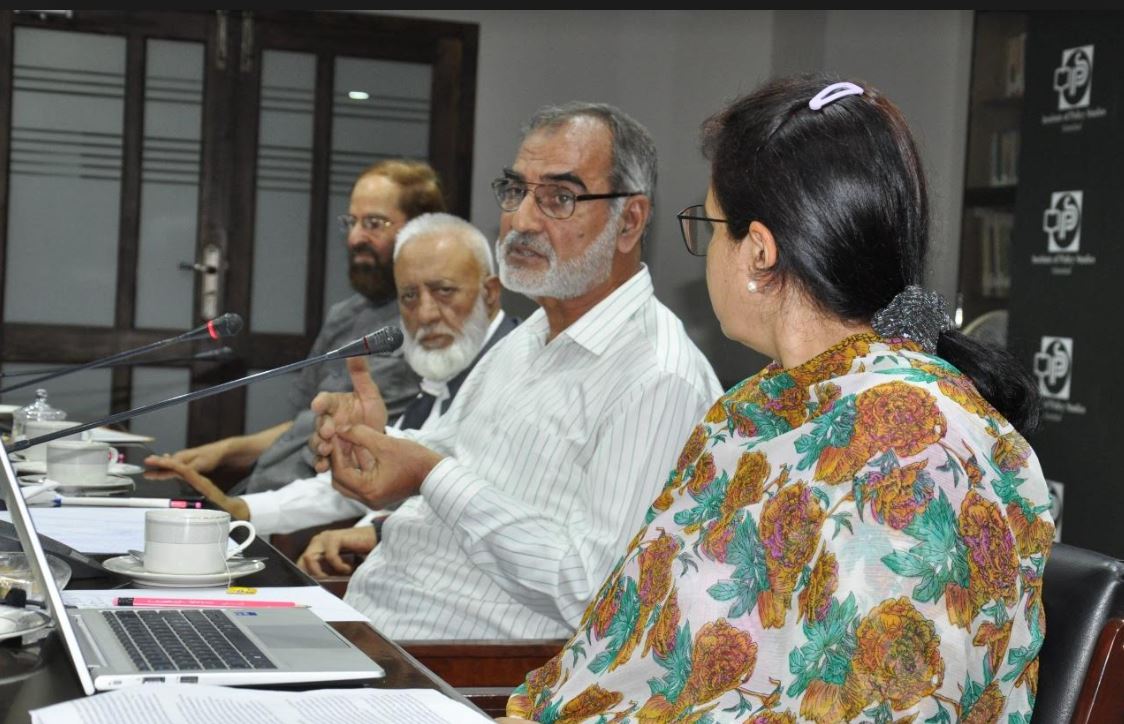
The thoughts were reflected during an academic session, titled “Ontological (In-securities of Afghanistan and Pakistan and Resulting Repercussion on the Pashtun Population of Pakistan,” held at the Institute of Policy Studies (IPS), Islamabad.
The roundtable was chaired by Khalid Rahman, chairman IPS, and addressed as keynote speaker by Dr Farhat Taj, associate professor, University of Tromsø, Norway. IPS’ Associate Brigadier (r) Said Nazir Mohmand, former MNA Sahibzada Muhammad Yaqoob Khan and Fazal Ullah Farooq, leader of Tehreek-e-Nifaz-e-Shariat-e-Muhammadi (TNSM) – joined as discussants. Ambassador (retd) Ayaz Wazir; Prof Dr Fakhr-ul-Islam, director, Pakistan Study Centre, University of Peshawar; Farhatullah Babar, PPP leader and former senator; Mirza Hamid Hassan, former federal secretary; Dr Lutfur Rehman, author and researcher; Amanullah Khan, IPS senior associate; and Dr Saif-ur-Rehman Malik, IPS’ senior research fellow, also spoke on the occasion.
Dr Farhat Taj, while presenting her research, stated that the dynamics of Pak-Afghan relations, from historical context to contemporary times, revolve around a clash of identities, ontological insecurities, and divergent management of their respective insecurities. The head-on collision of these contrasting identities has led to certain repercussions for the ethnic Pashtun population.
She said that the Afghan identity is predominantly its Pashtun identity, which conflicts with the internal as well as external aspects of the Islamic identity of Pakistan. She elaborated that the Afghan ethnic identity feels threatened by the manifestations of Pakistan’s Islamic identity due to underlining Afghan perceptions about Pakistan as successor state of British India, especially colonial Punjab. These ontological insecurities have pressed both states to adopt narratives aimed at strengthening their respective identities, she added.
Dr Farhat concluded that with mutual efforts, open debates, narrative developments, and national consensus, the pressure that has been built on the Afghan government regarding retaining the Pashtun identity, in face of Islamic identity, can be lessened, while maintaining the ontological security of both states.


